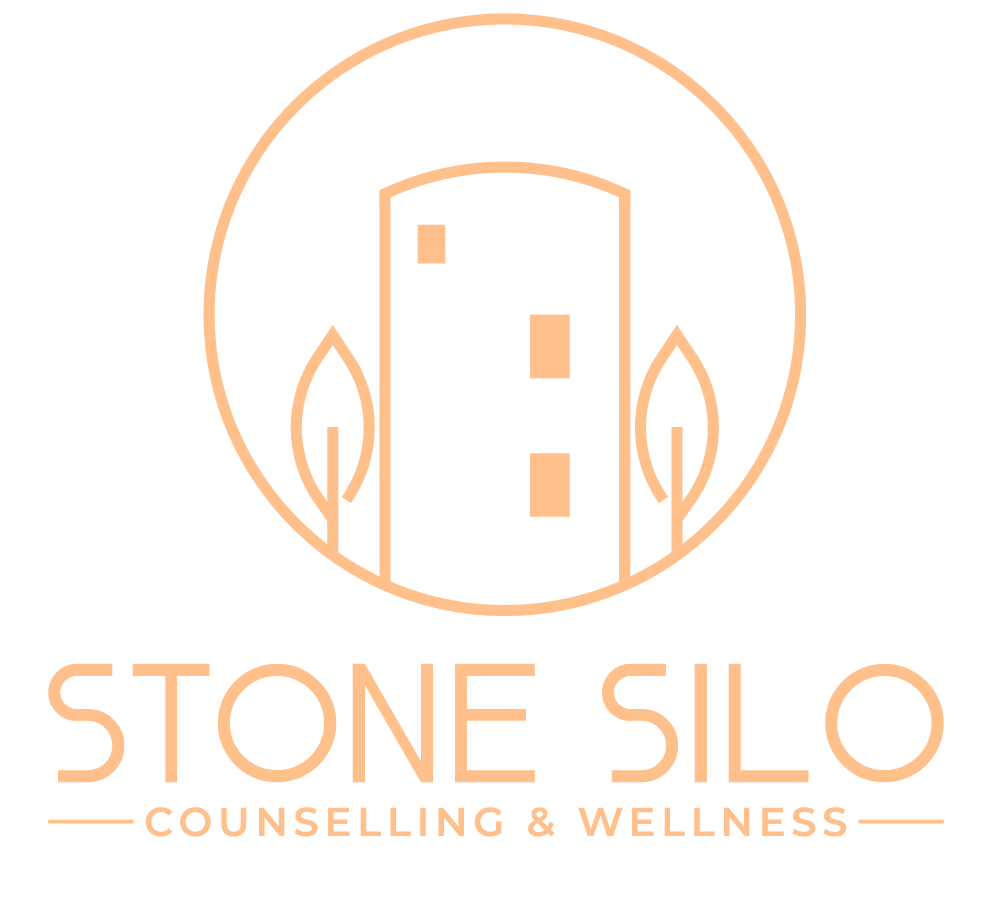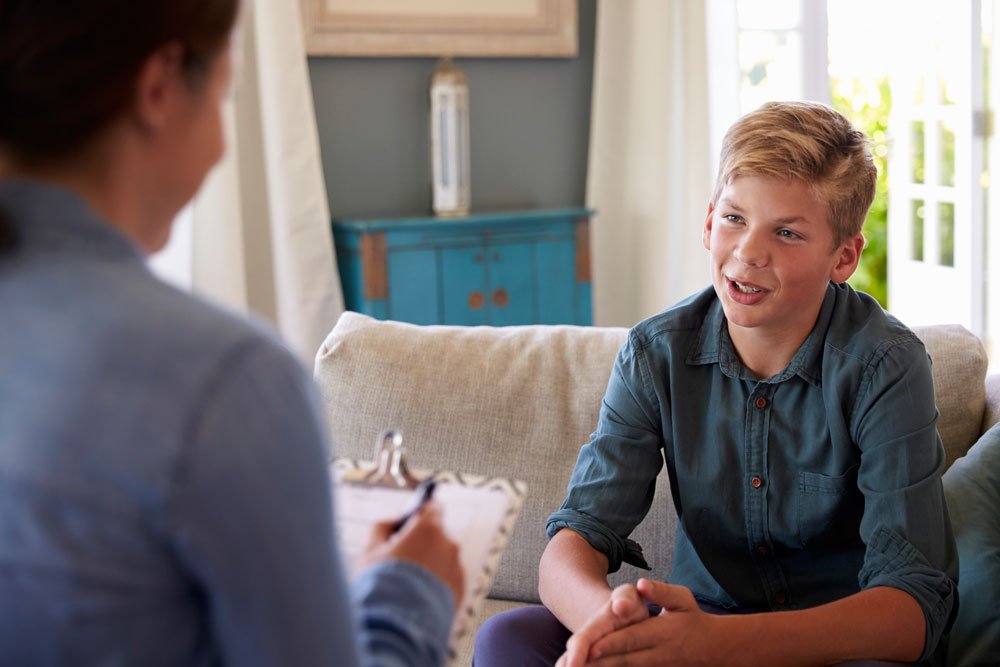Adolescence can be a tough time. Between the stress of school and changes in the body and mind, youths are figuring out who they are. It’s common for them to feel overwhelmed as they are taking on more responsibilities and developing life skills. Youth counselling can be an invaluable resource to help young people manage their emotions, develop coping skills, and build resilience.
We all need someone to talk to and connect with. Youth counselling can give young people the opportunity to talk to a professional who is unbiased and has a different perspective than their friends, parents, and teachers.
Addressing the Stigma Around Youth Counselling
Unfortunately, there’s still a strong stigma around counselling, especially for young people. Some may worry that asking for help is a sign of weakness or feel embarrassed about seeking support. Many young people will keep their struggles to themselves because of this perception. It is important for them to know that seeking counselling is a brave and courageous decision. Realizing that their mental health is unwell and/or could be better shows strength. There is no shame in asking for help and getting a little extra support sometimes.
It is not uncommon to hear that young people don’t have anything to be depressed about or that they’re just looking for attention. That kind of thinking can be hurtful and invalidating, especially if it’s coming from someone close to the young person. Mental health is something that everyone has, young people are no exception. Youths, like anyone else, face challenges that could lead to a decline in mental wellness; and we all need ways to cope.
Adolescents are still developing emotionally, psychologically, physiologically, and socially. This can make it difficult to manage stress and navigate complex relationships. That’s where youth counselling comes in. Counselling is a way for young people to seek help in a comfortable and safe environment. We live in a world where young people are facing challenges that older generations have never seen or experienced before. It is important to understand the benefits that seeking professional help can have.
Benefits of Youth Counselling
Youth counselling can be beneficial for everyone involved. It’s a space for young people to express themselves without fear of judgment. Counselling allows young people to freely discuss issues they might not want to talk about with others under the protection of confidentiality. A trained professional will know how to offer the best guidance and support in tough situations.
A therapist will help a young person develop healthy ways to deal with their challenges such as depression, ADHD, stress and anxiety. They can also work with parents or guardians to make sure the youth has the support they need at home. It can also improve communication skills, relationships, and self-esteem.
Youth counselling can also help young people feel less alone. Adolescence can be an isolating time. It’s easy to feel like no one else understands what you’re going through. Therapy helps young people realize that they’re not alone. Many others are going through similar experiences. This can provide a sense of comfort and help to build resilience.
It is also surprising how much of an effect counselling can have on a person’s physical health. As stress levels go down and they start to feel less overwhelmed, their body will react in a positive way. Many find that they sleep easier and more consistently. Counselling can help to break self-destructive patterns such as overeating or self-harm. As young people improve mentally and physically, they will likely see improvements in all aspects of their lives, including friendships and academia.
When to Seek Youth Counselling
Knowing when to seek counselling can be tough. However, there are some signs to look out for. If a youth is feeling overwhelmed, anxious, or like they’re carrying the weight of the world, counselling may be worthwhile. Other signs may include issues concentrating, changes in regular life patterns, or declining grades. If you don’t know if counselling is the right path, it’s always a good idea to reach out to a professional for guidance.
It is also important to realize that some of these signs can be difficult for young people to identify with themselves. It is important for parents and guardians to speak with young people if they start to notice these signs. Like any physical illness, mental illnesses are easiest to treat in the early stages. Having respectful conversations about mental health can make young people feel more supported.
Youth counselling can be a helpful resource for anyone looking to build life skills and increase self-awareness. It can be helpful for youth in any stage of growing up. Through counselling, young people can learn more about their strengths and weaknesses and how to navigate the world around them. It can help them develop a sense of agency and autonomy that will serve them well throughout their lives. By working against the stigma and encouraging open conversation about the benefits of counselling, we can help our youth thrive. Counselling can provide the safe and supportive space that many young people need to work through the challenges and complexities of life.
At Stone Silo, we offer counselling services for people of all ages. Our team is here to help with the challenges of life, no matter what stage you’re in. We treat our clients with the respect and dignity that every person deserves. Book an appointment today to start your journey towards mental wellness.


